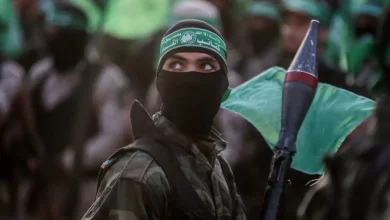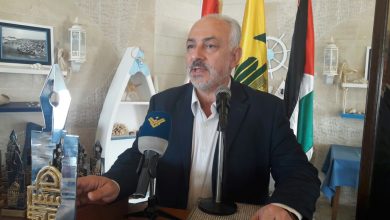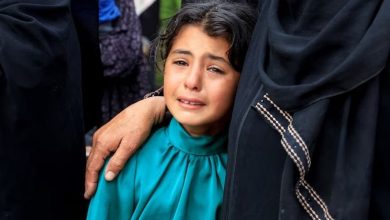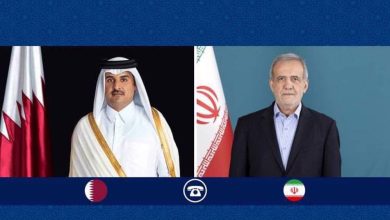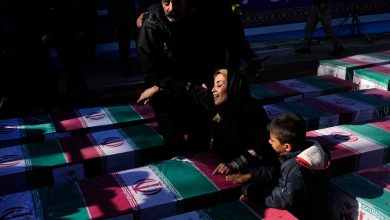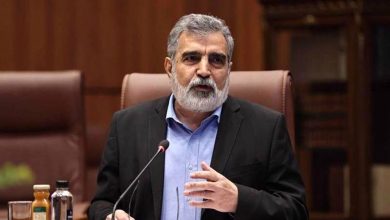If not Iran’s missile capabilities, why should they engage in negotiations
Iran's Foreign Minister, Abbas Araghchi, has highlighted the crucial role of the nation's missile capabilities as a strategic asset in diplomatic engagements with Western countries. He asserted that, in the absence of such military prowess, there would be little incentive for any nation to enter negotiations with the Islamic Republic concerning its nuclear energy agenda.
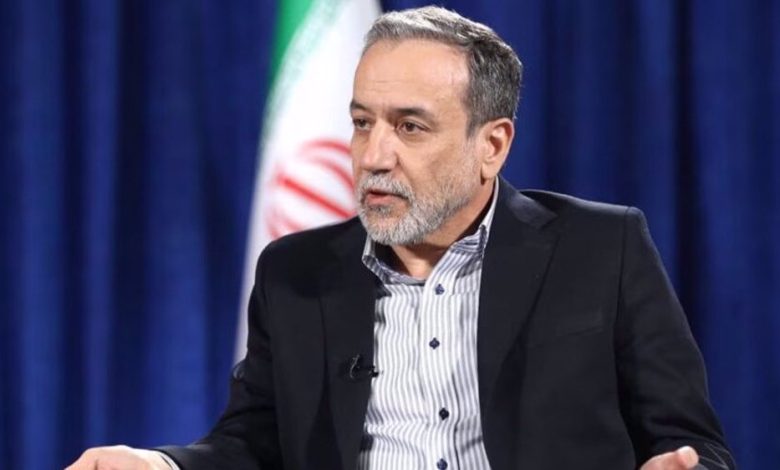
In an interview conducted on Wednesday with the semi-official Tasnim news agency, Araghchi expressed his remarks.
The minister stated that diplomatic efforts are influenced by power dynamics and factors such as the development of missile capabilities.
“I have frequently stated, and strongly maintain, that without our missile capabilities, there would have been no negotiations with us whatsoever.”
In 2015, Iran reached a landmark agreement with the P5+1 nations—comprising the United States, the United Kingdom, France, Russia, China, and Germany—culminating in the signing of the Joint Comprehensive Plan of Action (JCPOA). This pivotal accord was subsequently endorsed by the United Nations Security Council with the adoption of Resolution 2231.
“If a military strike could effectively dismantle our nuclear facilities, there would have been little incentive for them to engage in negotiations with us.”
The Iranian Foreign Minister questioned, “What justification would there be for engaging in over two years of negotiations, with the U.S. Secretary of State and foreign ministers of the P5+1 convening for 18 consecutive days to finalize an agreement?”
Araghchi remarked that their inability to dismantle our facilities through military means was the primary reason.
The military has developed missile capabilities that serve as a strategic deterrent.
In 2018, the United States, under the leadership of then-President Donald Trump, unilaterally exited the Joint Comprehensive Plan of Action (JCPOA). This move resulted in the reinstatement of sanctions against Iran that had previously been lifted under the agreement, casting uncertainty over the future of the international accord.
In response to the situation, the Islamic Republic implemented a series of legitimate countermeasures permitted under the Joint Comprehensive Plan of Action (JCPOA).
The measures were initiated in reaction to Washington’s unilateral and unlawful exit from the agreement, coupled with its Western allies’ reluctance to reinstate the deal to its previous status by readmitting Washington into the accord.
Araghchi stated that the United States’ decision to exit the agreement prompted Iran to reassess its policies and enhance its nuclear program in response.
“In response to the reimplementation of sanctions, we have, as anticipated, halted our obligations in accordance with the procedures established by the Joint Comprehensive Plan of Action (JCPOA).”
Iran is expected to withstand external attempts of coercion, including force, pressure, and sanctions, according to sources familiar with the situation. The country has historically demonstrated resilience against such measures, and analysts suggest that increased sanctions are likely to be met with an equivalent escalation in Iranian resistance.
Additionally, the Iranian Foreign Minister indicated that the possibility of initiating new negotiations hinges on the readiness of the other parties involved.
Iran maintains that it has consistently remained engaged in diplomatic negotiations, regardless of the United States’ departure from the accord, throughout the tenure of the late President Ebrahim Raisi, and in the subsequent period.
Iran has expressed confidence in the peaceful intentions of its nuclear activities, emphasizing that ongoing negotiations should foster trust and lead to the removal of sanctions.
In a statement, Araghchi emphasized, “Our stance has consistently been maintained, and our negotiation strategy and formula adhered to the framework established in the JCPOA.”
The Islamic Republic has consistently remained engaged in diplomatic negotiations.
Iran’s Foreign Minister emphasized the need for negotiations that are both honorable and equitable, ensuring respect for the rights and red lines of the Iranian people. He stressed that talks should not be a tool for delay or be conducted merely for their own sake, nor should they become a drawn-out process.
In 2019, Iran commenced the gradual reduction of its compliance with the restrictions outlined in the Joint Comprehensive Plan of Action (JCPOA), citing a lack of commitment fulfillment by the agreement’s other signatories.
Diplomatic tensions have intensified between Iran and European nations over the last two years, amid European allegations that Iran has provided ballistic missiles to Russia, purportedly for deployment in the ongoing conflict in Ukraine. Tehran has firmly denied these claims. Furthermore, Ukrainian President Volodymyr Zelensky has asserted that no such missile deliveries have been made to Russia.
In a recent diplomatic maneuver targeting Tehran, the European trio of nations successfully advanced the adoption of a resolution within the Board of Governors of the International Atomic Energy Agency (IAEA).
The resolution has levied accusations against Tehran concerning inadequate cooperation with the agency, urging the submission of a “comprehensive” report detailing its nuclear activities by the spring of 2025.
In a recent development, Iran announced the activation of a “series of new and advanced centrifuges,” signaling a further step in its nuclear program.

